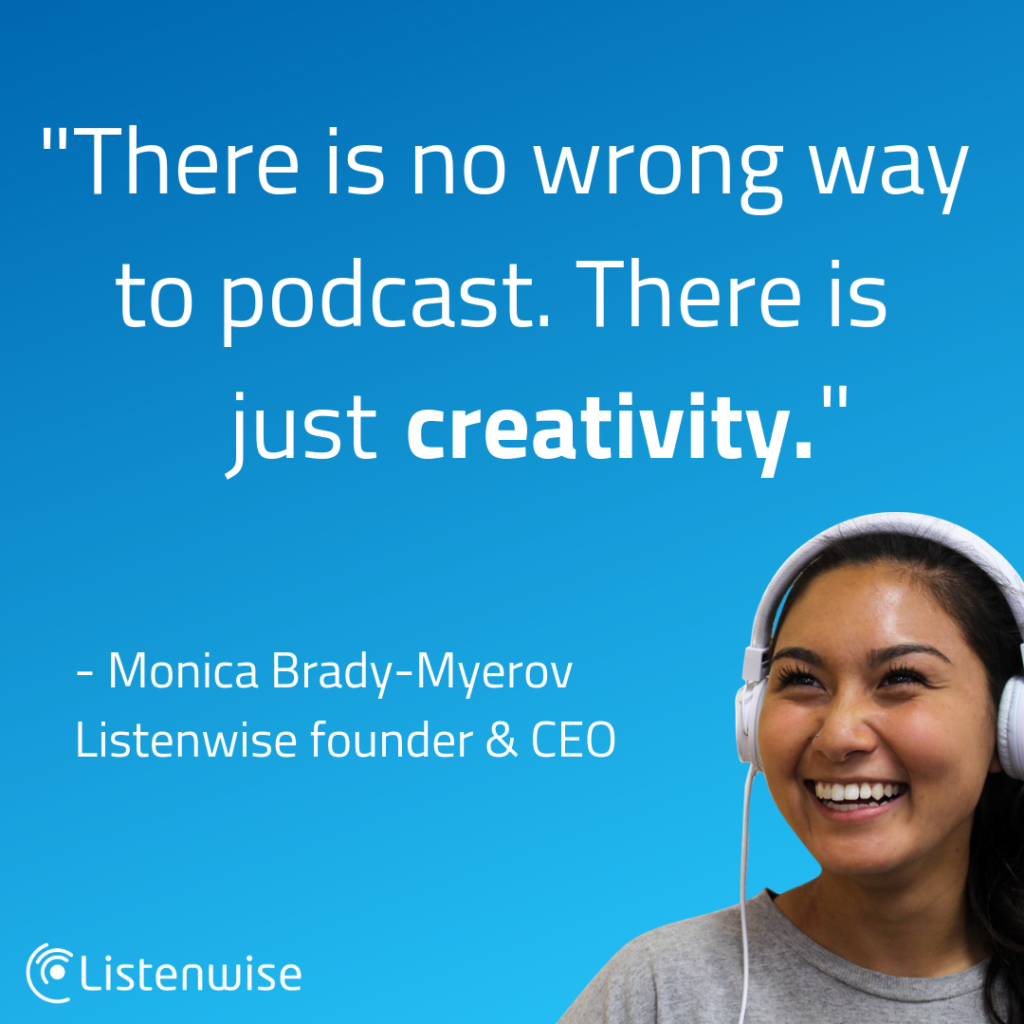This blog post is in collaboration with Jeff Bradbury of TeacherCast. Read more on his blog.
How can you bring podcasting into your classroom? Start with selecting a purpose that aligns with your curriculum. Will students create podcasts that inform, persuade, analyze, reflect, tell a story, or some combination? Once you have defined a task, you can select the appropriate production format for your students’ podcasts. Will podcasts be commentary by a single speaker? Will they be interviews or conversations? Will they be investigative reports involving multiple perspectives on an issue or topic?
Here are some easy podcast project ideas to help you get started:
- Book Reviews. Podcasts offer a great way for students to talk about books they have read. Here is one example of a 10th grade English class podcasting in various styles for their book reviews
- Field Trip Reports. Wherever your class is traveling and whatever they are learning, they can podcast about it! Check out this great blog post about how one social studies class podcasted during their Washington D.C. monument tour, using guiding questions to focus student reports from the field. To hear a more professional example, listen to this high-quality NHPR radio field trip.
- News Stories. Engage your students in authentic journalism. KQED has some great samples so that your students can listen to high-quality finished projects before they create their own. Listen to this example from a youth reporter.
- Interview a Community Member. Podcasting projects can explore family histories, job roles and responsibilities, or perspectives on current issues within the community. First, have students explore what makes a good interview and prepare well before recording in person. See these great tips from NPR.
- Personal Essays. This is a simple way to get your students comfortable speaking and recording with audio. After they write a personal essay, they can read it aloud in their own voice and submit the audio file as a podcast.
- Audio Diaries. Students can reflect on a topic of personal interest via audio and send in their submissions to a google voicemail number that you set up (Here’s a quick how-to), or record via their smartphones and upload to a Google Drive folder.
- Dramatic Read-Alouds. Teach your students how to deliver prose with expression and emphasize the important parts of stories. Dramatic readings of passages can build fluency and comprehension. Remember that the Iliad and the Odyssey were passed down orally, and Shakespeare’s plays were meant to be heard and seen.
- Speeches. Students can practice oration in a low-stakes environment. Whether they write the speeches themselves or practice emulating famous speeches, audio recording can be less intimidating than speaking in front of an audience. It also allows students to listen to themselves, assess how they sound, and re-record themselves as many times as it takes to achieve their oratory goals.

These are just some ideas, and there are many more ways to integrate podcasting into the curriculum.
Whatever you decide, do not let technology hinder you from podcasting! All you need is an iPhone or laptop to record audio, and you can use a variety of tools to edit (e.g., Audacity, GarageBand, or SoundTrap.) Even if you are not fully comfortable with the technology, your students probably will be.
If you would like to delve deeper into learning about podcasting in the classroom, see below for more resources.
Are you interested in learning more about how you can integrate podcasting into your curriculum?
 Listen to this TeacherCast podcast episode highlighting our CEO, Monica Brady-Myerov.
Listen to this TeacherCast podcast episode highlighting our CEO, Monica Brady-Myerov.
You can also find more podcasting lesson ideas by listening to the Student Podcast PODCAST. No matter what grade you teach, your students can podcast. One upcoming episode features kindergarten podcasters!
Find other great resources to support your podcasting projects on the NYTimes Learning Network.

If you are interested in professional development for classroom podcasting, learn more here and fill out this interest form to find out more about an online personalized 3-month PD module co-hosted by Listenwise and Soundtrap.

